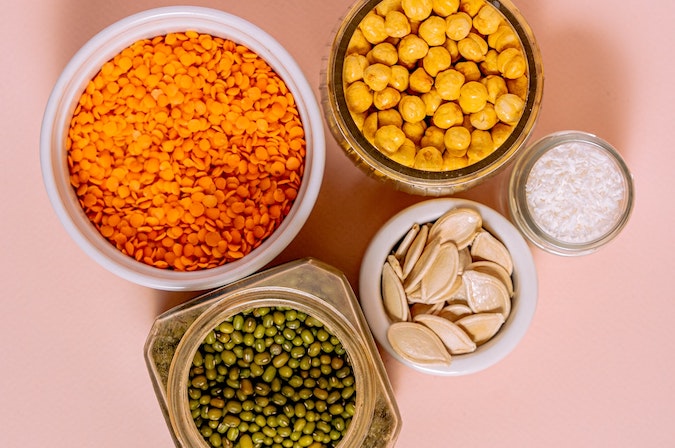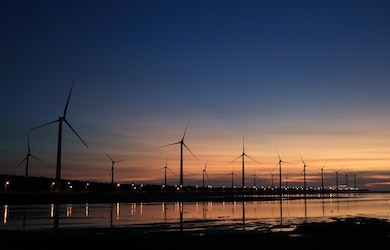Following on from a previous article [1] that explored the eat local myth, this article will be exploring the best diet for supporting biodiversity and food security. It is important that we enjoy the food we eat, whilst also making changes to our diet that can make a positive impact on the environment and climate.
Problems With Our Generic Diet
The problems we face with our current diets, is that due to things such as climate change, extreme weather and diseases such as bird flu and swine flu are threatening the way we consume food. It has been estimated that, since October 2021, bird flu, the disease and related culling, has killed over 140 million poultry globally. [2] This saw a dramatic reduction of poultry on supermarket shelves and there was a worry that there wouldn’t be enough turkeys to go round for Christmas dinners. The bird flu crisis, however, does not affect the diets of vegetarians and vegans, who do not consume meat and poultry.
The droughts we experienced in the UK in 2022, ruined a lot of crops, fruits, and vegetables. Losses of 10-50% were expected for crops including carrots, onions, sugar beet, apples and hops. Milk production was also down nationally because of a lack of food for cows, and wildfires were putting large areas of farmland at risk. [3]
Exploring Other Diets in Other Parts of the World
Scientists, from various Greek universities and institutions, in response to this ongoing and ever worsening critical situation, looked at the relative benefits of different diets for sustainable development and food security.
The study has compared Mediterranean diet to ‘western type’ diets in Belgium, Switzerland, Germany, Austria, Denmark, and Sweden. Their research concluded that the Mediterranean diet is the best of our planet as it was the most favourable for biodiversity and food-plant diversity and is often used in countries such as Italy, Cyprus and Greece. It was also found to have advantages for our health, such as reducing the risk of chronic diseases as well as having a low environmental impact.
The Mediterranean diet is rich in plant-based foods like vegetables, fruits, and grains. Generally, it is low in the consumption of animal products, but this can vary between countries. The researchers also found that the diet is associated with lower greenhouse gas emissions, water consumption, land use and energy requirements.
How to Follow the Best Diet
To follow a Mediterranean diet, you should start by making fruit and vegetables your core foods, along with whole grains like oats, brown rice, and whole wheat bread. This does not mean you have to cut out meat entirely and convert to a vegetarian or vegan if you do not wish to. Simply lowering the amount of meat and poultry you consume and increasing your fruit and vegetables can make a lot of difference.
A great source of protein would be legumes like beans, lentils, and chickpeas. Last year, the ‘Beans is How’ initiative was launched, promoting the benefits to the environment and our health of eating legumes. Beans, legumes, pulses and peas are rich in proteins and iron and are an excellent crop to grow as they release 90% fewer greenhouse gases than some animal proteins and they improve soil health, releasing nitrogen into the soil and reducing the need for fertiliser. Beans are also much cheaper in comparison to meat. [4]
Figure 1: Chickpeas, beans and lentils. [5]
You can also include healthy fats like olive oil and avocados. Heavily processed foods, like meats such as hot dogs and sausages, refined grains like white bread, ready meals and products with lots of added sugar such as some fizzy drinks should be cut back within your diet.
This will not only have a massive impact on your health, as foods such as fruit and vegetables are packed with vitamins, minerals and fibre which are great for a balanced healthy diet, but will also have a positive impact on the environment as well.
About Pager Power
Pager Power undertakes technical assessments for developers of renewable energy projects and tall buildings worldwide. For more information about what we do, please get in touch.
References
[1] https://www.pagerpower.com/news/the-eat-local-myth-the-carbon-footprint-of-your-diet/
[2] Avian flu has led to the killing of 140m farmed birds since last October | Bird flu | The Guardian
[3] Mass crop failures expected in England as farmers demand hosepipe bans | Drought | The Guardian
[5]Antoni Shkraba (December 2023) from Pexels.com. Last accessed 5th May 2023. Available at: https://www.pexels.com/photo/containers-with-chickpeas-beans-and-lentil-seeds-6187598/




